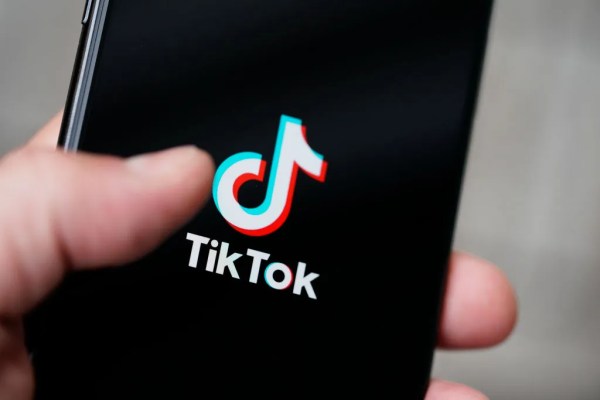New Jersey and Ohio are the latest states to ban TikTok on government-owned devices over national security concerns. The two have joined at least 20 other states in doing so. The move comes amid fears that collected data could allow the Chinese government to spy on Americans.
New Jersey Governor Phil Murphy announced on Monday that the state issued a cybersecurity directive to prohibit the use of high-risk software and services, including TikTok, on government-owned devices. In addition to banning TikTok from state devices, Murphy said the state was also banning products and services from numerous other vendors, including Huawei, Hikvision, Tencent and ZTE.
On the same day, Ohio Governor Mike DeWine issued an executive order banning on government-owned devices the use of any application owned by an entity located in China. DeWine said in the order that “these surreptitious data privacy and cybersecurity practices pose national and local security and cybersecurity threats to users of these applications and platforms and the devices storing the applications and platforms.”
Wisconsin Governor Tony Evers said on Friday that he planned to join other states in banning the popular short-form video app from state-owned devices as well.
“We’re disappointed that so many states are jumping on the political bandwagon to enact policies that will do nothing to advance cybersecurity in their states and are based on unfounded falsehoods about TikTok,” a spokesperson for TikTok said in a statement to TechCrunch. “We are continuing to work with the federal government to finalize a solution that will meaningfully address any security concerns that have been raised at the federal and state level.”
Calls to ban TikTok from government devices mounted after FBI Director Christopher Wray said in November that the app poses national security risks. In December, President Joe Biden approved a bill that prohibits the use of TikTok by the federal government’s employees on devices owned by its agencies. The U.S. military has also banned its service members from using TikTok on government devices, fearing the app could potentially expose personal data to “unwanted actors.”
There are also efforts to ban TikTok from consumer devices across the United States. Last month, Senator Marco Rubio proposed legislation that would ban TikTok nationally. Rubio said that the app allows the Chinese government “a unique ability to monitor more than 1 billion users worldwide, including nearly two-thirds of American teenagers.”
TikTok has been a source of security and privacy concerns for several years. Given the increasing scrutiny of TikTok, this may be just the start of the challenges to come for the company in the year ahead.
